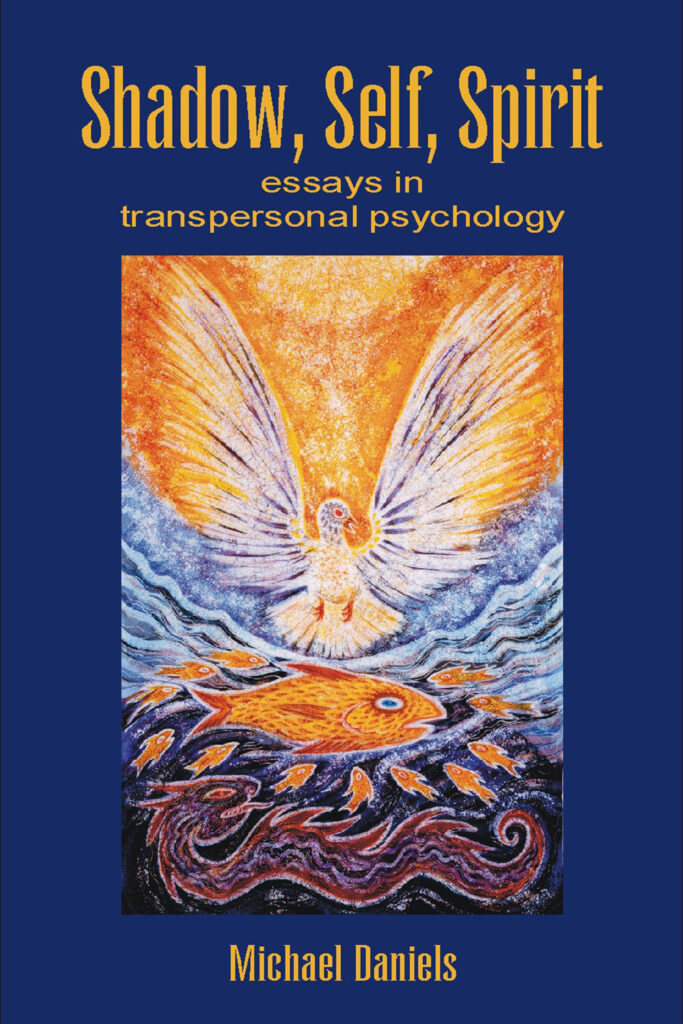
Discussion post I submitted for my Atlantic University TP5020 Course – October 3, 2019
Transpersonal psychology’s greatest strengths and weaknesses can be found in the same arena. And that’s how it will handle spiritualism and the other elements of the “non-scientific” as more and more people in our ever-evolving modern world clamor for such an approach.
Individuals used to rely on religion for their spiritual and transpersonal needs. Church attendance is steeply declining, however, as more and more who describe themselves as “spiritual, but not religious” are turning to meditation, yoga, art, poetry, music, and many other outlets for expressing their “spirituality” and are seeking a connection with the Universe and their communities. As Hartelius, Friedman, and Pappas point out, “An increasingly secularized version of spirituality is emerging, one that does not necessarily rely on supernatural notions and can be more detached from vestiges of institutional religion and other predominantly culturally mediated approaches” (2015, p. 51).
Transpersonal psychology’s greatest strength is that it’s uniquely qualified to meet people and guide them through the many pitfalls of a frenetic modern world. It is the only discipline that’s willing to consider that humans are more than a physical being simply made up of cells. As Daniels notes, “the transpersonal may be said to be more or less about the spiritual dimension of life, or about human spirituality” (2005, p. 12) The field is unafraid of considering dreams, peak experiences, esotericism, and a whole host of issues as it seeks to heal the entire person – mind, body, and soul.
Transpersonal psychology’s greatest weakness – besides it’s clumsy branding – is that it’s not willing to completely embrace it’s spiritual dimension and that’s due to its placement in traditional psychology. From its inception in the late 1800s, psychology has done whatever it could to distance itself from spirituality, the occult, and transpersonal phenomenon. As Harold Walach notes, while Freud was open to dreams and other esoteric issues, he “made a scientific vow: no dealings with spiritual issues, please, in order to not endanger the still fragile flower of psychoanalysis” (2015, p. 65).
Walach also points out that academics of the late 1800s like physicists Johann Karl Zollner and Hermann Ulrici, a professor of logic, were interested in studying mediumship as a way of understanding “spiritism” (2015, p. 65). As they sought support for this study, Ulrici mentioned a number of renowned professors, including Wilhelm Wundt, who “became furious” his name was associated with mediumship. Ulrici “quickly came to understand that associating the nascent discipline of psychology with potentially fraudulent, but surely scientifically questionable performances of mediums was very dangerous” (2015, p. 65).
As Hartelius, Friedman, and Pappas make their case to maintain the name “transpersonal” as opposed to changing it to something that includes “spiritual,” they repeat the same arguments that Freud, Wundt, and so many others have made over the last 150 years. And that is spiritualism, mediumship, mysticism, esoterism, etc. have no place in “science.” They argue that “spiritual psychologies may have a dark side, and some who promote them might be attempting to insert their own religious agendas and ideologies into the scientific abode of psychology” (2015, p. 53). They raise serious concerns about the “validity” of Christian institutions providing psychological studies, claiming that “these clearly religious programs subtly couch themselves as spiritual, and have somehow thereby managed to obtain legitimacy through APA approval” (2015, p. 53). Finally, they point out that “defining spirituality as involving the supernatural…poses a problem because psychology as a science can only deal with what is natural albeit in a very open and broadway” (2015, p. 54).
The field of transpersonal psychology is at a crossroads. It can maintain it’s safe space within psychology by not making “waves.” Or it can finally break free of the claims that it’s not acting “scientific” enough as people demand more from a psychological profession incapable of meeting their needs and thereby become a truly relevant and necessary to a world that is in a tremendous amount of pain and yearns for such an approach. “The harvest is plentiful, but the laborers are few” (Mt. 9:37).
References
Daniels, M. (2005). Shadow, self, spirit: essays in transpersonal psychology. Imprint Academic Philosophy DocumentatioCenterer: Charlottesville, VA.
Friedman, H. & Hartelius, G. (2015). The Wiley Blackwell handbook of transpersonal psychology. John Wiley & Sons Ltd: West Sussex, UK.
